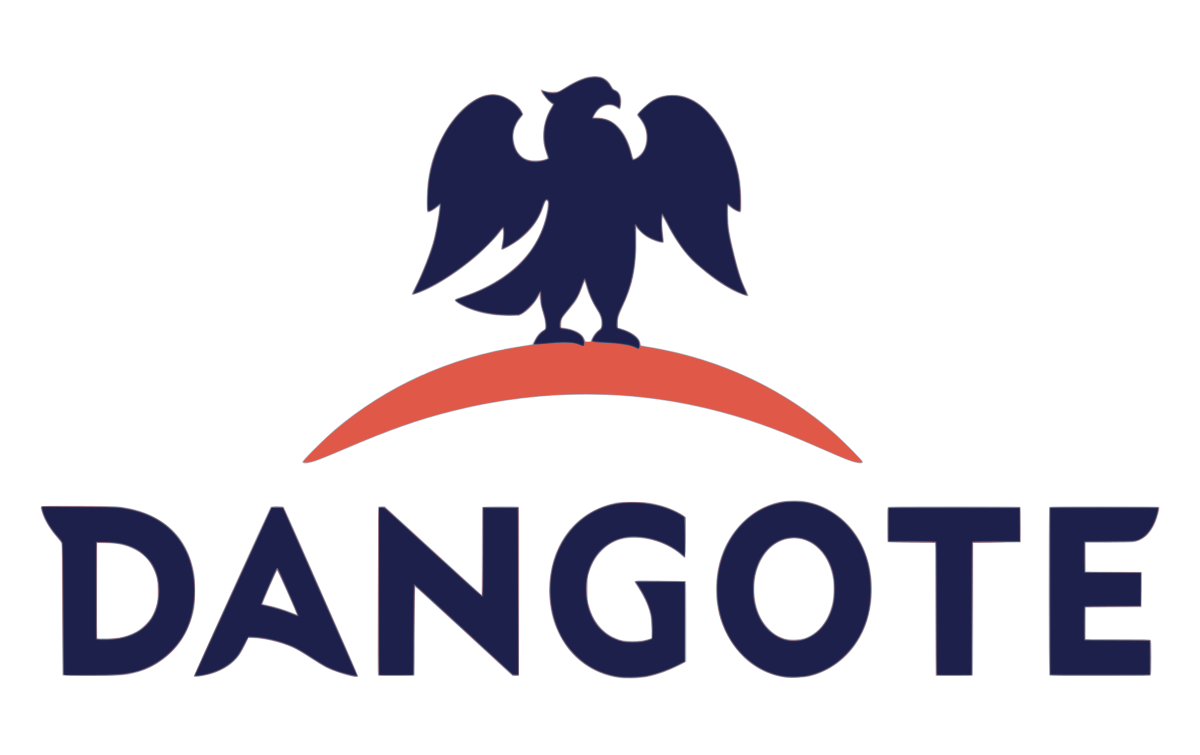
New investment targets land development, local supply chain growth and industrial expansion across the country…
The Dangote Group has unveiled a major sugar expansion initiative valued at more than $700 million, positioning the company to eliminate Nigeria’s longstanding reliance on imported sugar.
According to the Group, the investment channeled through Dangote Sugar Refinery will fund large-scale land development, infrastructure rollout, machinery acquisition, workforce training and community engagement. The goal is to build a fully integrated local supply chain capable of producing all the raw sugar required to meet domestic demand and support future manufacturing growth.
Speaking at the 2025 Lagos International Trade Fair, the Chief Executive Officer of Dangote Sugar Refinery, Ravindra Singhvi, said the expansion aligns with the company’s long-term backward-integration strategy. He revealed that the company will introduce retail sugar packs in 100g, 250g, 500g and 1kg formats to improve accessibility for households and small businesses nationwide.
Also addressing participants at the fair, the Group Executive Director for Commercial Operations, Fatima Aliko-Dangote, said the long-term goal is to strengthen Nigeria’s industrial capacity and retain more of the manufacturing value chain within the country. She noted that industrial expansion remains one of the most effective drivers of job creation and plays a key role in supporting small enterprises that rely on locally produced raw materials.
Fatima, who was represented by Dangote Cement’s Sales and Marketing Director, Funmi Sanni, added that the sugar initiative is part of the conglomerate’s wider investment footprint in refining, fertilizers and petrochemicals.
Dangote Sugar Refinery is currently Nigeria’s largest producer, with an installed capacity of 1.44 million metric tonnes.
Financial results show that the company recorded revenue of ₦626.24 billion in the first nine months of its 2025 fiscal year, up from ₦484.42 billion in the same period of 2024. Losses have also narrowed significantly from ₦184.4 billion a year earlier to ₦10.59 billion.



